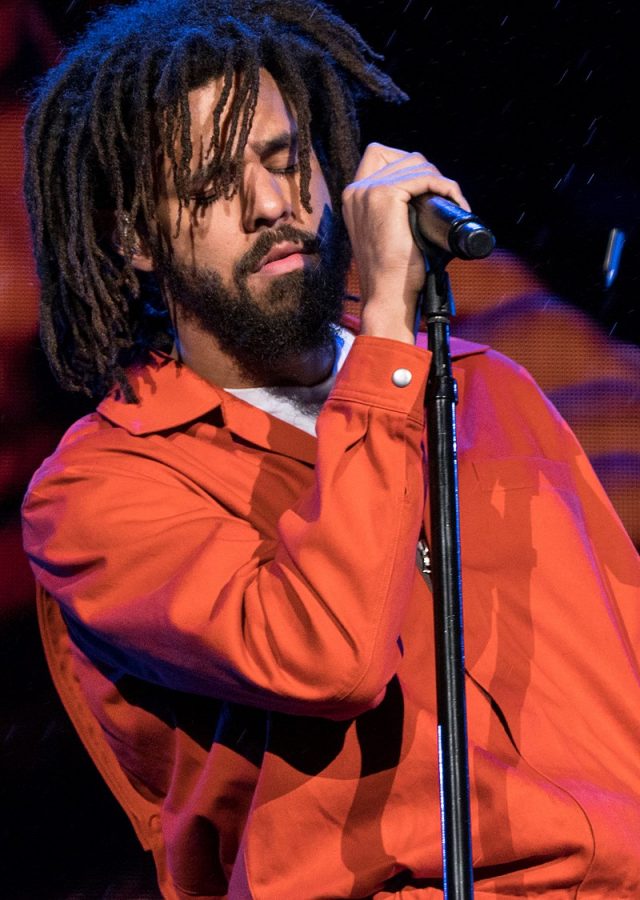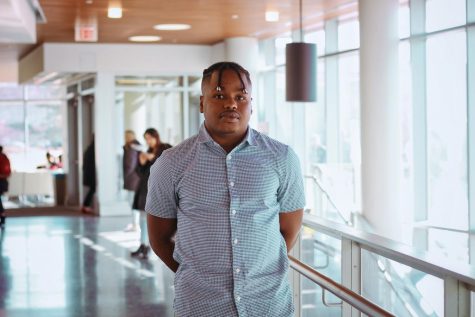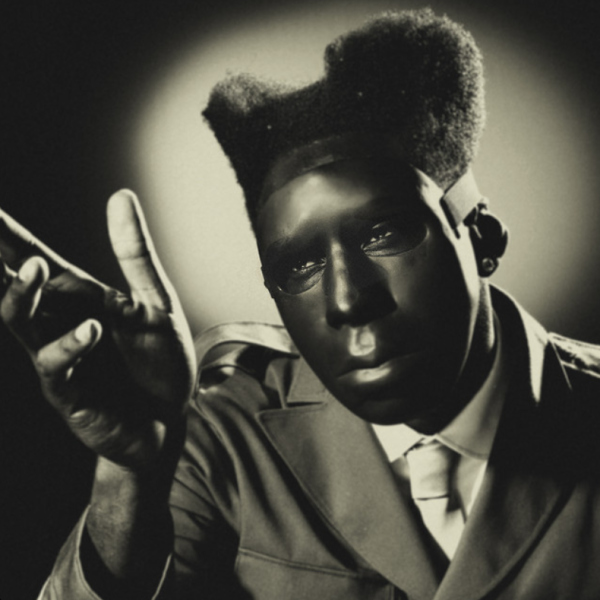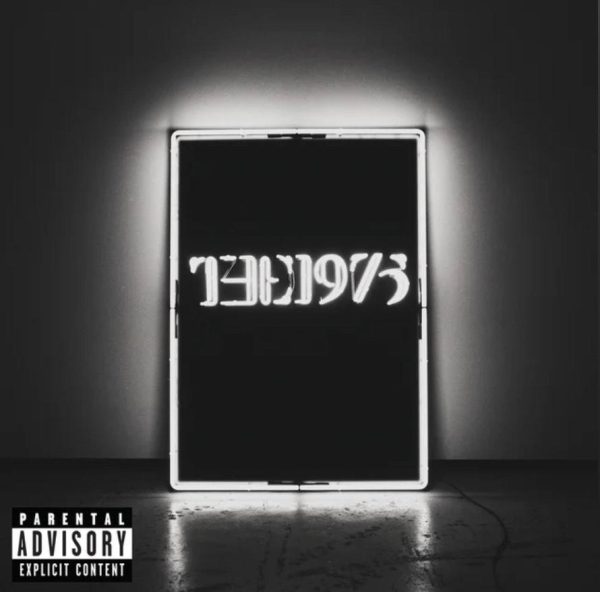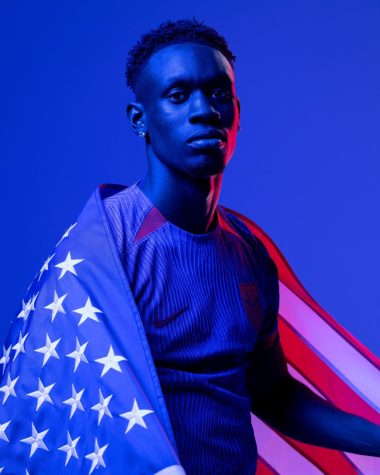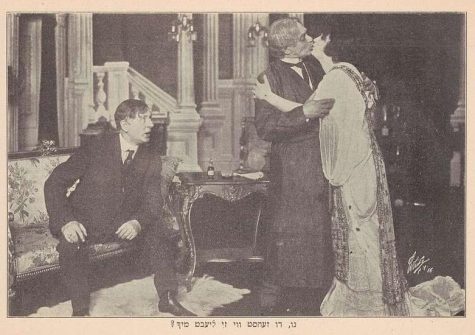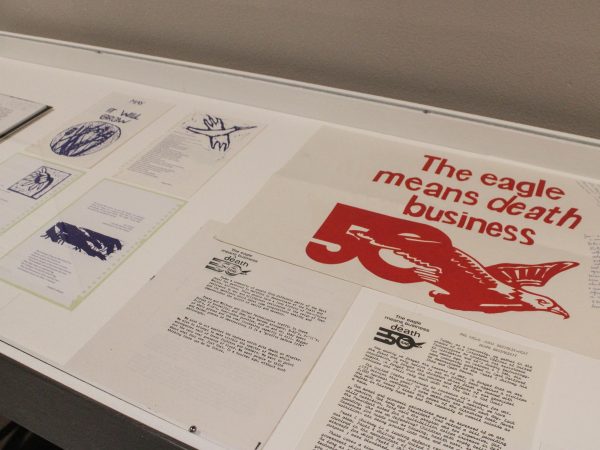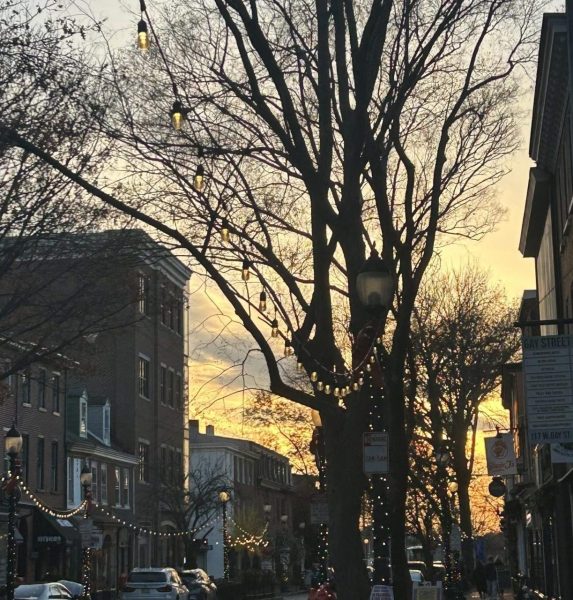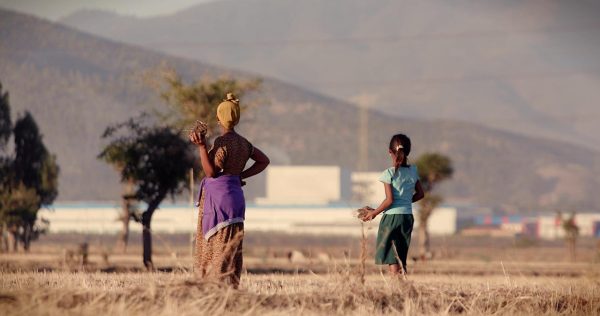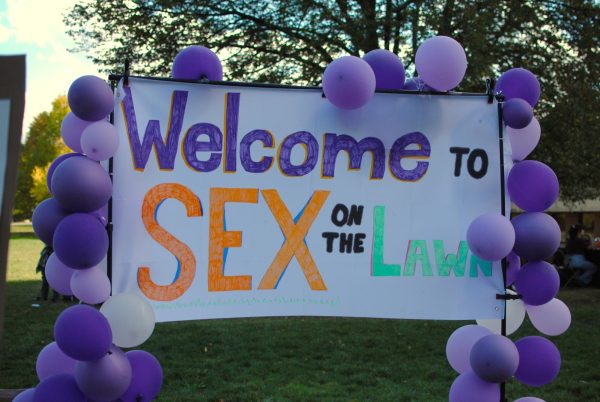Hip-Hop MVPs of the decade: 2018 and 2019
J. Cole and the expansion of hip-hop to close the decade.
For the next few weeks, Amherst Wire entertainment is bringing the best of the decade right to you. To do my part in contributing to our end of the decade content, I will be highlighting some of the most important moments from rappers in the decade. The schedule will go as follows:
Published: Kanye goes back to back (2010 and 2011)
Published: Chief Keef drills his way to the top / Kendrick Lamar sparks hip-hop’s cold war (2012 and 2013)
Published: The birth of a “Monster” / Earl Sweatshirt paints in shades of black (2014 and 2015)
Published: Chance the Rapper calls his shot / Migos put their imprint on the “Culture” (2016 and 2017)
Today: J. Cole closes the decade on a high note / Hip-Hop’s expansion (2018 and 2019)
Without further adieu, here are my picks for 2018 and 2019.
J. Cole closes the decade on a high note
J. Cole arguably had the two best years of his career thus far to close out the decade. After years of ducking the spotlight, Cole seemed to be front and center more than ever before.
On his fifth studio album “KOD,” Cole tackles all forms of addiction from social media addiction on “Photographs” to money addiction on “ATM.” With the passing of talented artists like Mac Miller in 2018 and Juice WRLD in 2019, the importance of an album against addictive substances in a genre that has a tendency to glorify drug use can’t be understated. “FRIENDS” reads like a heartfelt letter from Cole as he attempts to address the addictions of those closest to him as well as the black community as a whole.
“You running from yourself and you buying product again
I know you say it helps and no I’m not trying to offend
But I know depression and drug addiction don’t blend
Reality distorts and then you get lost in the wind
And I done seen the combo take n***** off the deep end
One thing about your demons they bound to catch up one day
I’d rather see you stand up and face them than run away
I understand this message is not the coolest to say
But if you down to try it I know of a better way
Meditate” – J. Cole on “Friends”
“KOD” went on to break Drake’s Apple Music record for streams in the first 24 hours of release.
But it wasn’t Cole’s album alone that made his last 20 percent of the decade special, his guest verses in the span were something to marvel over. He matched Dreamville’s latest moneymaker, J.I.D’s speedy cadences on “Off Deez” in 2018. He went toe to toe with beyond respectable rappers like Jay Rock and Royce da 5’9” on their albums. But above all else was Cole’s feature on 21 Savage’s “a lot,” where Cole treats his guest spot as a state of the game address. Everything from faked streams to 6ix9ine’s trouble with the law gets mentioned in the verse.
All of these guest spots seemed like a precursor to the highly ambitious project coming from J. Cole and Dreamville in 2019. Their mixtape “Revenge of the Dreamers III” was a spectacle. After the label drew buzz for the project by inviting all of the biggest artists in hip-hop today with golden tickets like Willy Wonka, there was an understanding that something special was on the way.
The 18 song project holds spectacular moments like one of Da Baby’s most impressive verses to date on “Under the Sun” and Atlanta legend T.I teaming up with one of Atlanta’s newest faces in J.I.D, but the artist that shines the most is J.Cole. Every track he touches on the tape feels powerful, whether it’s the Dreamville and Young Nudy posse cut “Down Bad” or the touching outro “Sacrifices” where Cole seems to be writing to his wife and mother of his children.
Cole has had a busy two years a rapper, but he even found time to do miscellaneous things like an impromptu interview with Lil Pump. He’s had a major public presence at events like NBA All-Star Weekend as well. J. Cole’s stock is higher than it’s ever been, which is unbelievable when contextualizing in a decade full of platinum albums.
What is and isn’t hip-hop in 2019?
We’re in weird times.
Jay-Z works for the NFL. Kanye West is making Gospel music. And Drake is getting booed off stage in the middle of a set.
https://www.youtube.com/watch?v=IKY9y5SvTaE
The king of going platinum with no features, J. Cole, is inviting anyone and everyone into his studio sessions. All the while, Kendrick Lamar is literally avoiding the spotlight.
Amongst all this weirdness, there seems to be more pockets in hip-hop than ever. For those looking for hip-hop more rooted in the traditional sounds, Indiana rapper Freddie Gibbs teamed up with legendary producer Madlib once again to create the album of the year contender that is “Bandana.” For those looking for more melodic trap flows, artists like Lil TJay, Roddy Ricch and of course Young Thug gave plenty to feed off of. And artists like Meg the Stallion and Da Baby quenched the thirst of fans looking for pure raps over beats to dance to. While these clear cut corners of hip-hop remained structured in 2019, several pockets where the line between hip-hop and other genres blurred were also a major part of 2019’s sound.
Tyler, the Creator’s latest album “IGOR,” which isn’t a hip-hop album according to Tyler but is nominated for the rap album of the year GRAMMY, drapes raps and singing alike in a lgbtq love story (and fallout), something that hasn’t really been done at the hip-hip commercial level for a full album. On songs like “I Think” Tyler floats effortlessly from raps to singing to solely instrumentals that radiate beauty.
JPEGMAFIA’s “All My Heroes Are Cornballs” straddles hip-hop’s borders with it’s punk-rock-like rawness coupled with distorted, unpredictable almost, but not quite electronic instrumentals. On his self produced album, JPEG juggles rapping, singing and screaming so well that solely labeling it hip-hop seems like a disservice.
Of the many genrefluid music in the hip-hop sphere, no artist in 2019 got attention quite like Lil Nas X. With his record-setting smash hit “Old Town Road,” the catchy tune that went viral with the aid of Tick Tock blends together elements of country music, like its acoustic guitar sample and horse references, with elements from hip-hop, like its snappy high hats and lean reference. While the track was accepted in the hip-hop sphere, country music was less willing to accept it.
Back in March, the song was removed from the Billboard country music charts because it didn’t “merit inclusion” in the genre. This, of course, lead to many debates about what can and can’t be labeled country music. Lil Nas X pointed out Florida Georgia Line and Bebe Rexhas both had songs on the country music charts that used trap drums like “Old Town Road,” making Billboard’s decision look that much more biased.
After the assist from country music legend Billy Ray Cyrus, the debate seemed to be over. The song was eventually put back on the country charts and was the number one song in the country for 17 weeks straight. Lil Nas X even received a GRAMMY nomination for album of the year for his genre packed EP “7.”
With hip-hop being bigger than ever before, the borders of the genre will only continue to expand in this upcoming decade. Expect more pointless “what genre is this?” debates as time goes on and artists become more experimental.

